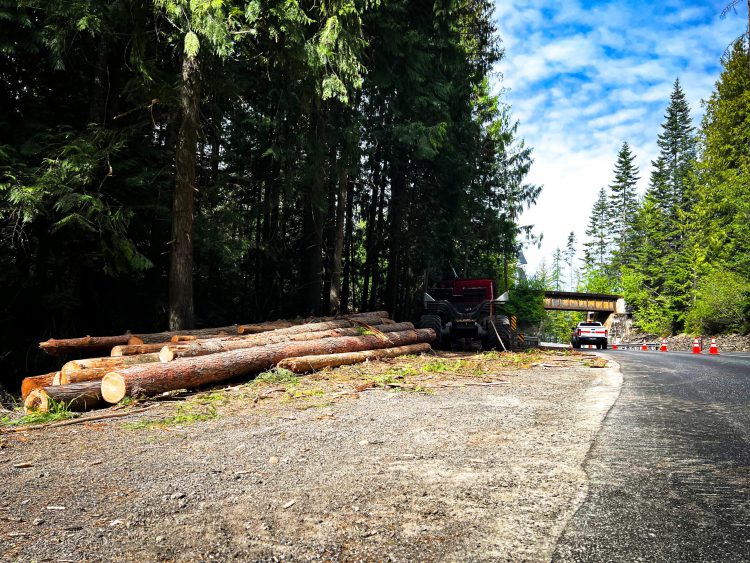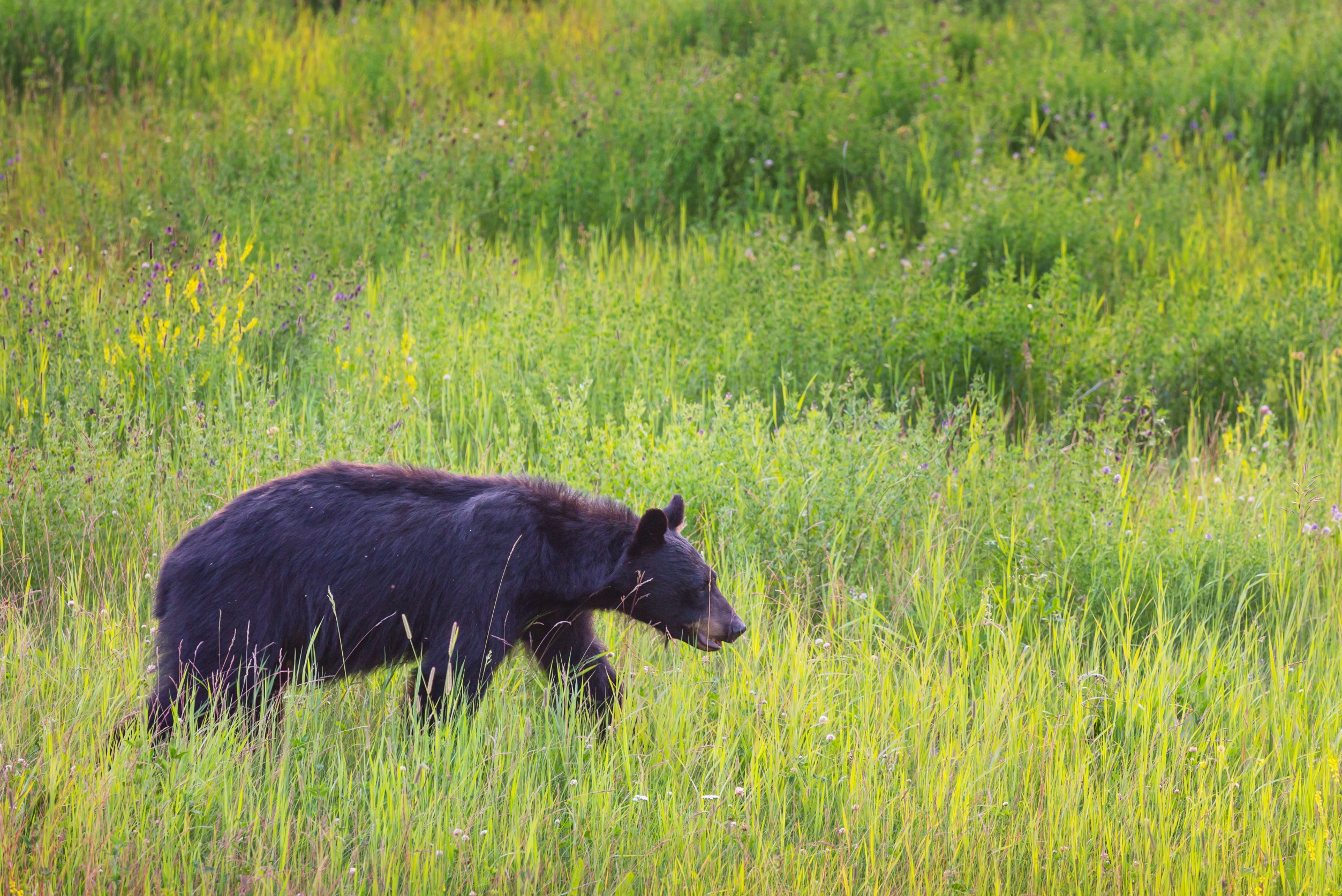Scott’s Scoop – Column by Scott Dinger
Relatively few true pests exist in our region. Fewer still reach a threshold requiring the application of pesticides to control them. As a fellow resident and a Professional Pest Control Operator for over ten years, I encourage you to consider my message as it relates to the pest/pesticide equation.
A pest by definition is any organism that damages crops, injures or irritates livestock or humans, or reduces the fertility of the land. Stinging insects such as wasps pose a health risk to humans. Crops often require treatment to control pests that have an effect on the economic aspect of growing them for profits. Additionally, when conditions are in the favor of any organism, their numbers increase to a level where they become a nuisance that requires a control response. Pesticide applications are on the rise in our region. Pesticide business growth has averaged twenty percent per year and coincides with our population growth. More people, more pesticides being used.
Consider this: You have a few plants growing in your lawn other than grasses. You, being a DIY kind of person, go to your local store and purchase a gallon spray jug titled “weed killer” to return home and apply your DIY treatment on the plant in your lawn. Did you read the label? Was it actually a pest plant? Was the presence of the plant at a level of existence requiring pesticide? Where does the residual pesticide go? Was the wind blowing when you applied? When do your sprinklers come on? Is it going to rain anytime soon after you spray?
What if you see a bunch of big black ants with wings flying around you every spring? You hear it said these ants are destructive like termites, so you call a pest control company who arrives promptly to apply pesticides to “make them go away.” Did your pest control provider tell you about the life cycle of these ants or did he do your will and take your payment?
With the aforementioned questions on the topic of the pest/pesticide relationship having been presented, algebra it up a bit by considering the number of people who live in our region and you quickly learn that there are literally thousands of gallons of pesticides introduced into our environment with each passing season! Where do these pesticides go?
Refer back to my opening statement. May I humbly suggest, at the risk of my own company success, that you dig a little deeper into the economic drivers of my industry that are in direct opposition to your health, the health of your family, your pets, wildlife, and generations to come.
If you wish to know more about this subject, I am eager to help. Knowledge, after all, is power.







